The buck stops here
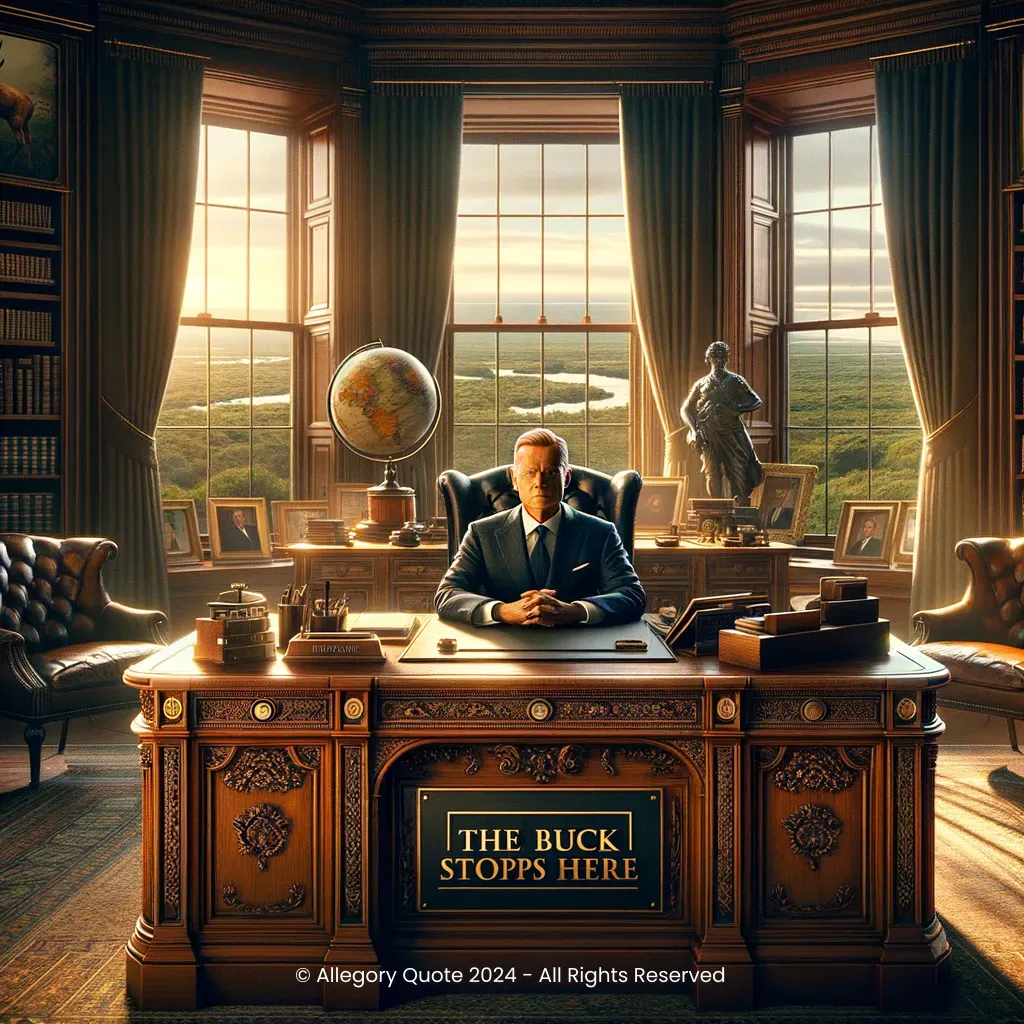
0
0
0
0
- Meaning
- The phrase "The buck stops here" means that the person who says it is prepared to take ultimate responsibility for decisions and actions. It signifies an end to the passing of accountability to others, embodying leadership and personal responsibility.
- Allegory
- The image reflects the phrase's core message by placing a powerful figure in a setting that represents authority and responsibility. The sign on the desk directly references Truman’s famous quotation. Symbols like the globe and books signify knowledge and governance, while the thriving landscape outside the window suggests the positive outcomes of responsible leadership. The framed portraits of influential leaders further emphasize the heritage of accountability and the personal resolve needed to lead effectively. This imagery collectively underscores the importance of accepting responsibility and the impact of dedicated leadership on broader society.
- Applicability
- In everyday life, adopting the attitude of "The buck stops here" can make one stand out as a reliable and responsible individual. It encourages taking ownership of one's actions and decisions, ensuring that one does not shift blame to others, and promoting trustworthiness and leadership qualities.
- Impact
- The phrase has had a considerable impact on political and corporate culture as a symbol of leadership and accountability. It is often cited to stress the importance of responsibility in leadership positions and is still referenced in various contexts to inspire integrity and accountability.
- Historical Context
- The phrase became famous during Harry S. Truman's presidency, which lasted from 1945 to 1953. Truman kept a sign on his desk in the Oval Office that read "The buck stops here," emphasizing his willingness to accept the ultimate responsibility for the decisions he made as President.
- Criticisms
- While the phrase is widely lauded for promoting responsibility, it can face criticism in environments where systemic issues make individual responsibility challenging. Some argue that it might encourage scapegoating or simplify complex situations by placing undue pressure on individuals rather than addressing systemic failures.
- Variations
- The phrase has no significant variations but similar concepts appear in various cultures emphasizing personal responsibility and leadership. For example, in Japan, the practice of "kaizen" emphasizes continuous improvement and accountability at all levels.
-
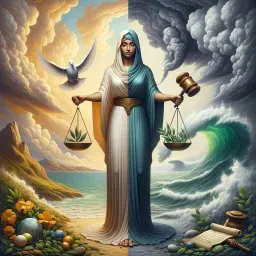
Peace and justice are two sides of the same coin.
-

The only thing we have to fear is fear itself.
-
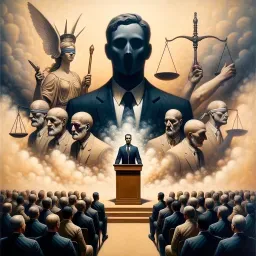
I am not a crook.
-

Politics, when I am in it, it makes me sick.
-
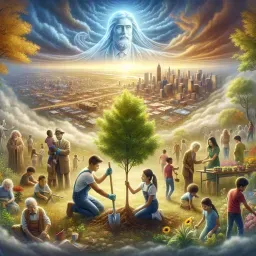
Ask not what your country can do for you – ask what you can do for your country.
-
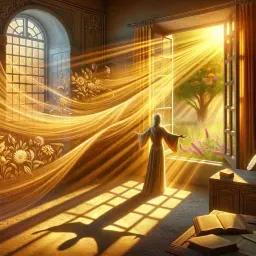
Freedom is the open window through which pours the sunlight of the human spirit and human dignity.
-

Yesterday is not ours to recover, but tomorrow is ours to win or lose.
-
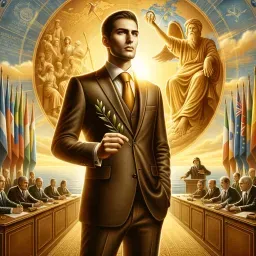
Speak softly and carry a big stick; you will go far.
-
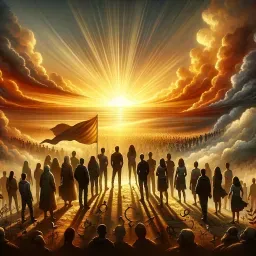
Our long national nightmare is over.
-
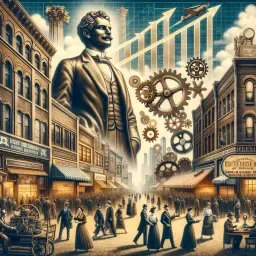
The business of America is business.
No Comments